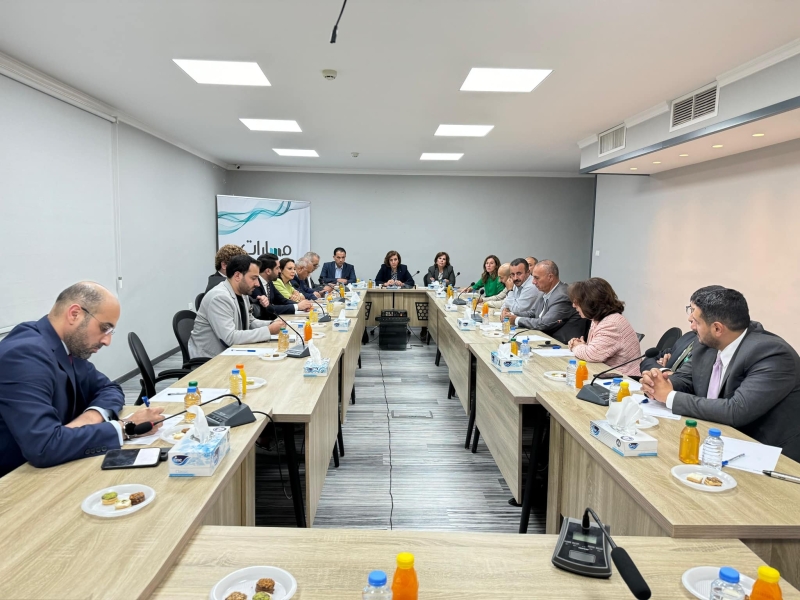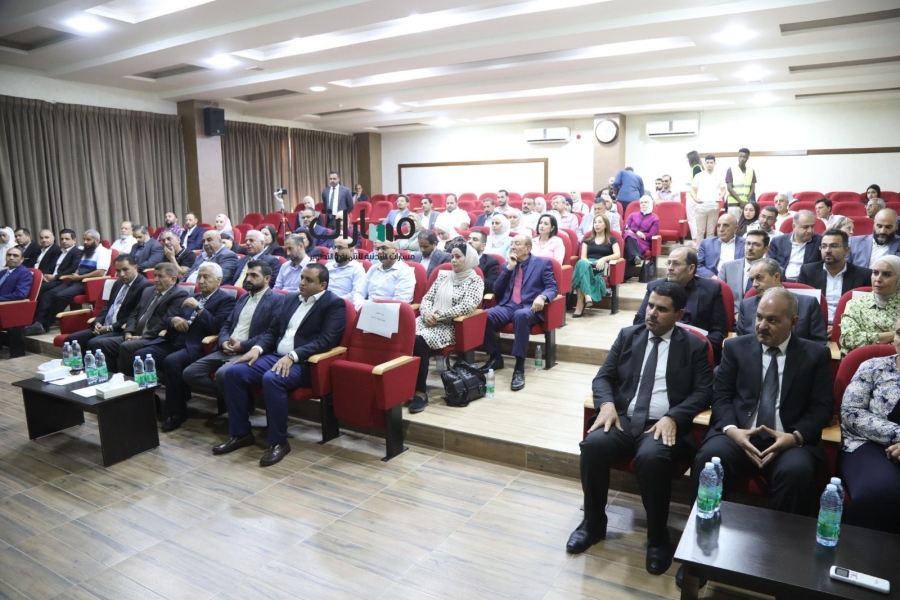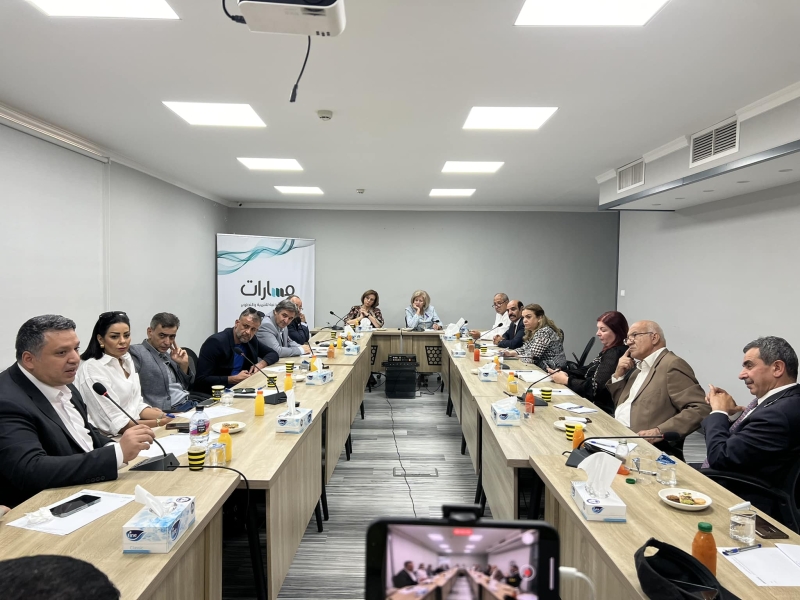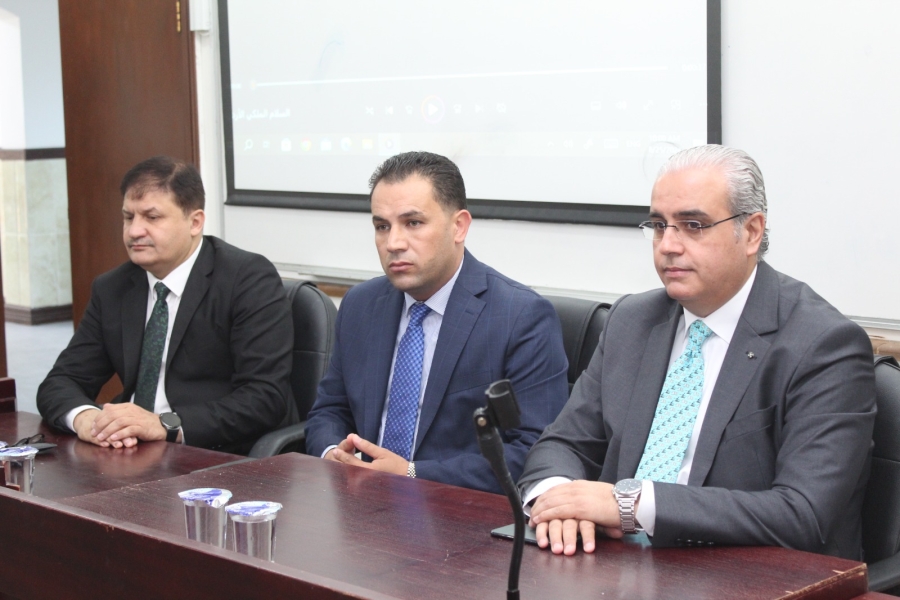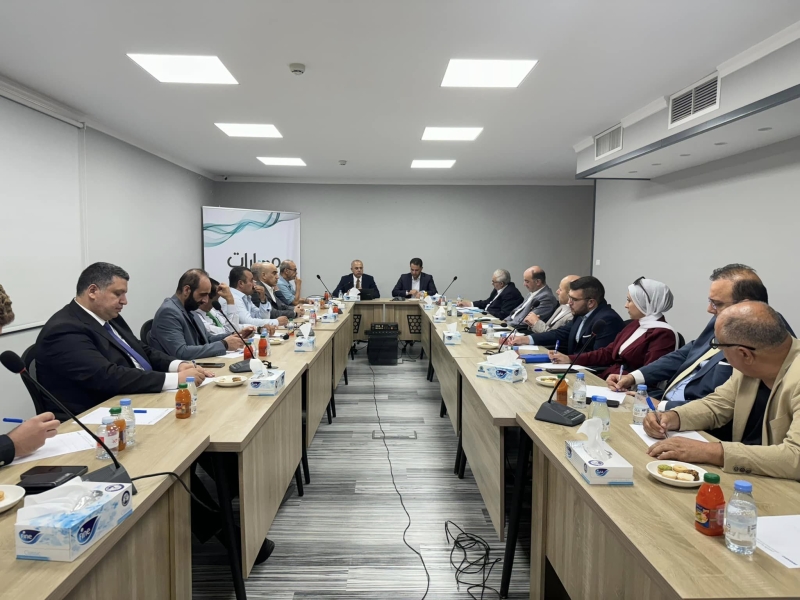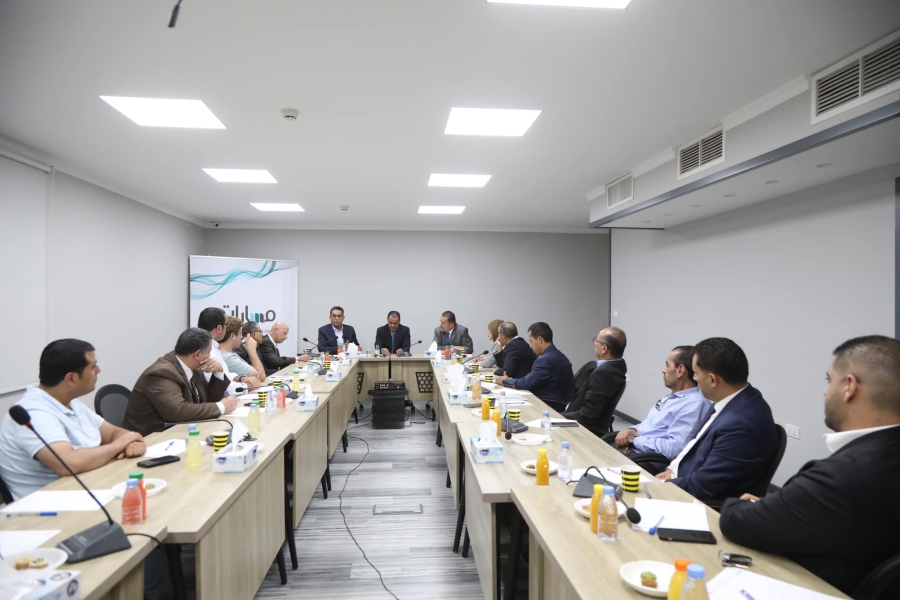Representatives and civil society organizations discuss the paths of the education file...elements of strength and weakness

The Jordanian Masarat Foundation for Development and Progress held a dialogue session titled "The Education File Between Parliament and Civil Society" as part of the project to strengthen institutional cooperation between Parliament and civil society organizations, in collaboration with the Friedrich Ebert Foundation. The session included participation from members of both the Senate and the House of Representatives, as well as representatives of civil society organizations.
The attendees discussed the state of education in Jordan, both in schools and universities, as well as the role of the government in empowering and supporting this vital and fundamental sector. They also addressed the role of the private sector in developing and improving the level of educational services and outputs.
Key Discussions and Comments:
- Modern curricula that align with national identity and values.
- A safe and encouraging school environment for students.
- The role of teachers as content creators and agents of change in society, shaping future generations.
She highlighted several challenges in the education sector, such as weak educational outcomes, fragile generations, and the significant challenges teachers face in classrooms, including their exclusion from participating in curriculum development, despite their unique ability to convey the content effectively.
Al-Rawahinah stressed the need for attractive school environments equipped with playgrounds, libraries, recreational spaces, and literacy programs. She lamented the fact that some students graduate high school unable to read or write and called for efforts to improve the quality of education.
She expressed openness to public-private partnerships in education but criticized the private sector for approaching education with a purely commercial mindset, urging policies that prioritize the development of future generations over financial gain.
She questioned why Jordanians excel abroad but struggle to realize their potential domestically, citing societal and systemic barriers.
Al-Rawahinah also criticized the proliferation of universities across the country, advocating for a renewed focus on vocational education alongside academic education to meet societal needs. She emphasized the need to shift societal perceptions of vocational students and graduates, viewing them as equally valuable as those in scientific fields.
They emphasized the need for reforms in the high school (Tawjihi) system to alleviate the pressure and anxiety associated with passing grades, high scores, and securing university seats. They also advocated for partnerships with the private sector to improve and reform education, while expressing concerns about the potential dangers of privatizing education, particularly for the 120,000 teachers employed in the public sector.
Discussion Points:
- The creation of saturated academic disciplines in universities. Participants questioned whether this stems from financial motives or genuine necessity, calling for intervention from Parliament to halt the introduction of unneeded specializations.
- The traditional teaching methods in schools and universities, which fail to meet the aspirations of future generations and continue to produce graduates facing unemployment.
- The overcrowded classrooms, which stifle creativity and prevent teachers from effectively delivering knowledge and fostering innovation among students.
The session concluded with calls for an in-depth review of the education sector, improved teaching methods, and strengthened collaboration between Parliament, civil society, and the private sector to address these challenges and build a brighter future for Jordan's education system.

